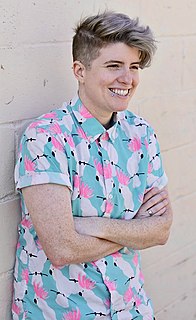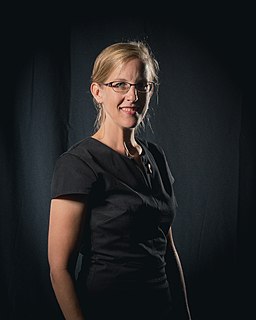A Quote by Max Lucado
All my books come out of sermons, and I'm really a pastor who writes rather than a writer who pastors.
Related Quotes
The people who review my books, generally, are kind of youngish culture writers who aspire to write books. When someone writes a book review, they obviously already self-identify as a writer. I mean, they are. They're writers, they're critics, and they're writing about a book about a writer who's a critic. So I think it's really hard for people to distance themselves from what they're criticizing.
The writer trusts nothing she writes-it should be too reckless and alive for that, it should be beautiful and menacing and slightly out of control. . . . Good writing . . . explodes in the reader's face. Whenever the writer writes, it's always three or four or five o'clock in the morning in her head.
People need fewer 'ought-to' sermons, and more 'how-to' sermons. The deepest kind of teaching is that which makes a difference in people's day-to-day lives. Jesus spoke to the crowd with an interesting style. When God's Word is taught in an uninteresting way, people don't just think the pastor is boring, they think God is boring!


































